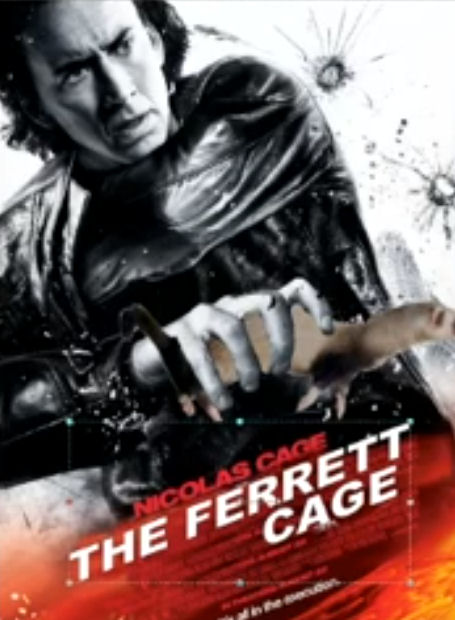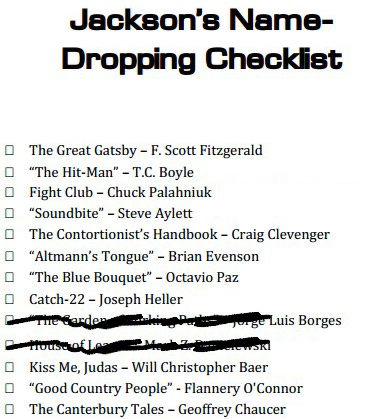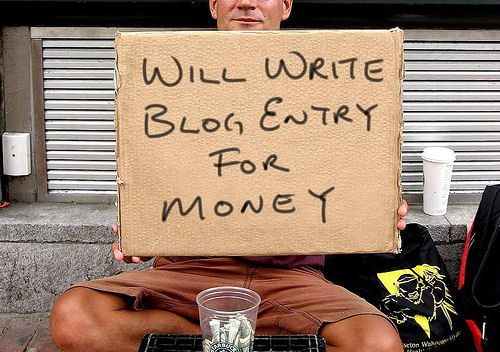Andrew, known as HeavyShelves in BookTube land, was kind enough to invite me to a Google Hangout a few nights ago where he treated me like a rockstar for almost 3 hours. That's a long time, especially when you consider the time frame was 12am - 3am his time (he's in the UK). I definitely encourage you to take a watch. Or, just listen, as you would a podcast (visually, it's pretty much just webcam style cuts between his face and mine...except for one truly amazing appearance by Nicholas Cage...see image below). Andrew asked some great questions, and we had some great discussions. List for these gems: My publishing history (and the importance of knowing people, starting here) Writers need to know their productivity limitations (more about why I can't be allowed to write 8 hours/day, starting here) The importance of caring about what you write (the real "write what…
Tag Archives author
Easter Eggs, you know, those hidden references in movies, books, websites, and more that aren't necessary but are damn fun in a treasure hunt sort of way. I planted a few (13 to be exact) in my newest novel, I Didn't Mean to be Kevin. In this, part 2, I reveal references to T.C. Boyle, Steve Aylett, Craig Clevenger, Brian Evenson, Will Christopher Baer, Octavio Paz, and Flannery O'Connor. Seven down, four to go. After watching, be sure to subscribe to my YouTube channel to stay updated on new videos
Easter Eggs, you know, those hidden references in movies, books, websites, and more that aren't necessary but are damn fun in a treasure hunt sort of way. I planted a few (13 to be exact) in my newest novel, I Didn't Mean to be Kevin, not on the assumption that some reader would be thrilled by a find in one of my books, but because the concept actually worked well with the theme of the novel. The theme being that people need validation. Jackson, the narrator, validates himself as a person by telling crazy stories to strangers. I, as an author, validate myself by telling you about all the cool books I've read. Two down, eleven to go. After watching, be sure to subscribe to my YouTube channel to stay updated on new videos
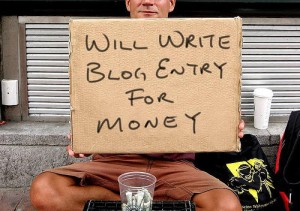 Disclaimer: I am far from a career author. I’ve made enough money to buy a few fifths of whisky and some diapers for my baby, so needless to say I’ve got a long way to go. The following plan reflects this outsider (re: possibly ignorant) perspective.
The idealized author spends his time alone, churning out typewritten manuscripts to meet constant deadlines. He drinks. Probably smokes. He’s respected. He vacations in tropical seclusion, but still, even with the changed view, he writes. He has no day job. He is an author. Writing puts his kids through college.
There is a reason this image contains a typewriter. Much like the machine itself, the idealized author is all but extinct. I think a lot of writers would like to go back to this model. Is it possible to not just retain the author career, but to make it thrive?
Given the following set of assumptions, I believe it would be possible to bring back the author career:
Disclaimer: I am far from a career author. I’ve made enough money to buy a few fifths of whisky and some diapers for my baby, so needless to say I’ve got a long way to go. The following plan reflects this outsider (re: possibly ignorant) perspective.
The idealized author spends his time alone, churning out typewritten manuscripts to meet constant deadlines. He drinks. Probably smokes. He’s respected. He vacations in tropical seclusion, but still, even with the changed view, he writes. He has no day job. He is an author. Writing puts his kids through college.
There is a reason this image contains a typewriter. Much like the machine itself, the idealized author is all but extinct. I think a lot of writers would like to go back to this model. Is it possible to not just retain the author career, but to make it thrive?
Given the following set of assumptions, I believe it would be possible to bring back the author career:
- Content will continue to outweigh consumption
- The marketplace is spoilt by free content, and much of that content will continue to be free
- eBooks/eReaders will be a primary content medium within the next decade
- The cost to produce and distribute market-quality products will continue to fall
- Consolidate the agent and publisher roles. Basically, this combined entity should act as a time and beaurocracy manager for authors. Today, authors have the ability to publish and distribute their own content without the help of agents and publishers. If this Pub/Agent composite can give authors time to write, then they will ultimately be given the sort of consistent product that the marketplace loves. Marketing thrives on trends. Giving authors time is the way to nurture trends.
- Increase author royalties. As media becomes electronic, the savings on overhead and distribution must be passed on. Court your talent, publishers. I’ve read the arguments against electronic media being cost-savers for publishers, and I just don’t believe them.
- Embrace the eBook paradigm shift. As a reader, I haven’t yet fallen in love with eBooks. As a writer, I am very excited by the possibilities. Instead of fighting to keep print alive, fight to make eBooks thrive. eBooks have the potential to increase the pool of readers, much as the iPod did for music enthusiasts.
- Brand yourselves as independent records labels do. Make fans out of your press, not just out of your authors. I won’t go into much depth here about this, but we do have an episode forthcoming at the Welcome to The Velvet podcast on this topic.
- Provide consistent and brandable content. As Dan Holloway says in the comments at Jane Smith’s How Publishing Really Works blog, “If you are writing for the art, by all means try your hand at getting an agent, but don’t be upset if you don’t get one – and if the feedback is that you should be more commercial in order to get one, then make the decision – do you want to write for the pay packet, or do you REALLY want to do it for the art? And if it’s the latter, don’t expect to be picked up, or blame the publishers when you aren’t.”
- Prove that you can provide that content. As Jane Smith says in a response to the above comment, “I think that a big reason that most writers make such a paltry amount is that there are lots of people out there who call themselves writers but who only really dabble with writing: they sell an article every now and then, take several years to write just one book; sure, they’re writers–but not full-time, serious writers.”. A career author must write as though it is a career.
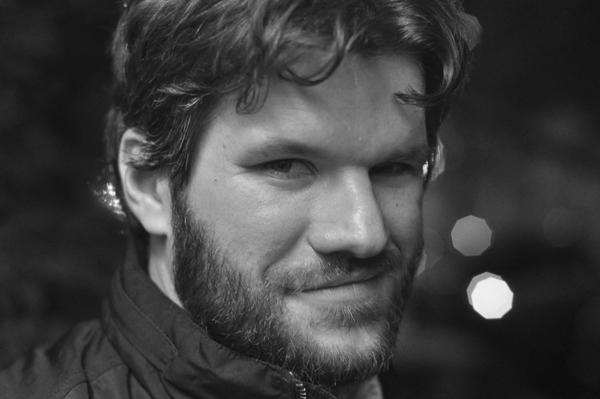 [display_podcast]
In this interview episode of The Velvet Podcast, Caleb J Ross interviews Matt Bell, author of The Collectors (Caketrain Press), Wolf Parts and the forthcoming How They Were Found, both from Keyhole Press. Matt’s short fiction has been published and anthologized just about everywhere and is forthcoming to Ninth Letter, the ML Press chapbook series, and Kill Author.
We talk about live-writing with an audience over at Everyday Genius, editing for The Collagist, teaching writing to fourth graders, and mucho more.
[display_podcast]
In this interview episode of The Velvet Podcast, Caleb J Ross interviews Matt Bell, author of The Collectors (Caketrain Press), Wolf Parts and the forthcoming How They Were Found, both from Keyhole Press. Matt’s short fiction has been published and anthologized just about everywhere and is forthcoming to Ninth Letter, the ML Press chapbook series, and Kill Author.
We talk about live-writing with an audience over at Everyday Genius, editing for The Collagist, teaching writing to fourth graders, and mucho more.

